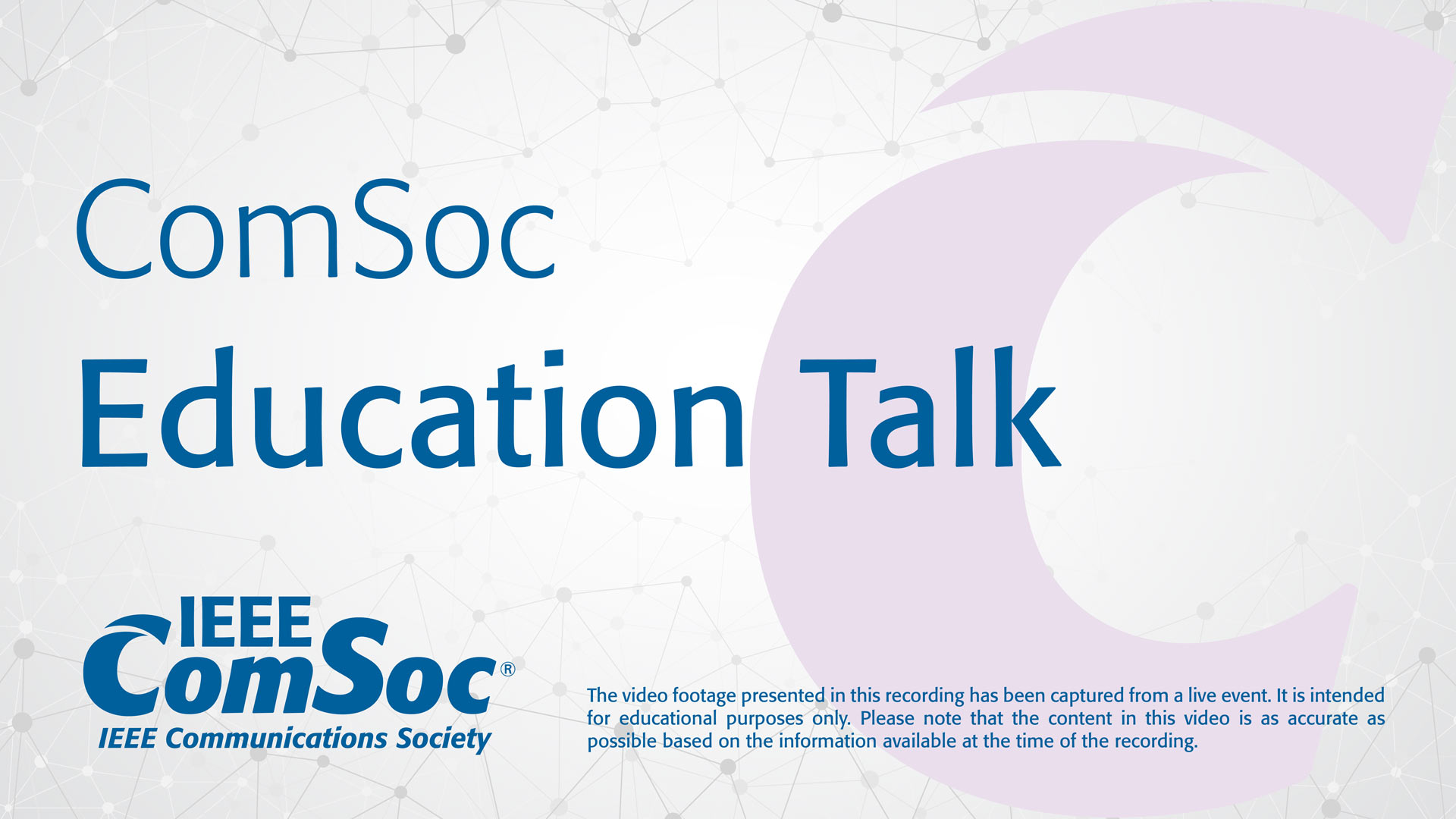
Description
Massive Ultra-Reliable and Low-Latency Communications (mURLLC), which integrates URLLC with massive access, is emerging as a new and important service class in the next generation (6G) for time-sensitive traffics and has recently received tremendous research attention. However, realizing efficient, delay-bounded, and reliable communications for a massive number of user equipment (UEs) in mURLLC, is extremely challenging as it needs to simultaneously take into account the latency, reliability, and massive access requirements. To support these requirements, the third generation partnership project (3GPP) has introduced enhanced grant-free (GF) transmission in the uplink (UL), with multiple active configured grants (CGs) for URLLC UEs. With multiple CGs (MCG) for UL, UE can choose any of these grants as soon as the data arrives, while with a single CG (SCG), UE needs to wait for the CG period to transmit the packet. In addition, non-orthogonal multiple access (NOMA) has been proposed to synergize with GF transmission to mitigate the serious transmission delay and network congestion problems. However, in the GF-NOMA scheme, the data is transmitted along with the pilot randomly, which is unknown at the BS and can lead to new research problems. In this talk, Machine Learning (ML) approaches in mURLLC systems will be presented. Promising research directions and possible ML solutions will also be discussed.
Presenters
Arumugam Nallanathan
ComSoc Member Price
$0.00
IEEE Member Price
$4.99
Non-Member Price
$9.99


